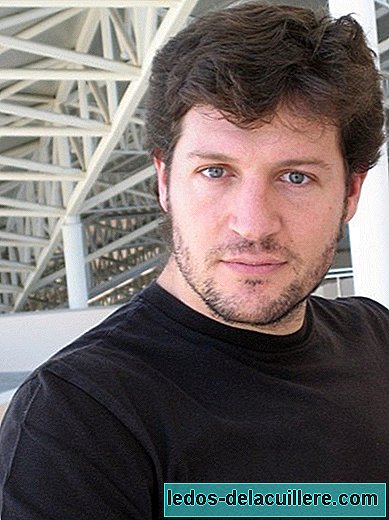
In unexpected situations, people go through a series of emotional reactions that have been described by psychologist Elisabeth Kübler-Ross. The birth of a child with a disability may not be too far from this aspect.
When we refer to the term disability (be it physical, psychic or sensory) we must bear in mind the repercussions that it will have for the child and for his or her closest environment, especially for parents, who may go through different emotional reactions to the arrival of a disabled child.
These emotional reactions can manifest in feelings of pain, doubt, guilt, anguish or fear among many others. All this can have an emotional, social and economic imbalance that, due to the lack of guidance and knowledge about the problem, can lead to inadequate attention to your child.
The duration and intensity of these reactions can vary between subjects, they can replace each other, present simultaneously or even not present. What is common to all is that there are thoughts related to the child's disability.
These thoughts usually refer to beliefs about your child's situation and the different interventions that can be done on him, seeking normality thanks to them. Therefore, when parents receive information about their child's disability, it is important to know what emotional stage they are in as well as the help that can be given will be as appropriate as possible.
The different emotional reactions, described by Kübler-Ross, through which parents can go through the arrival in the family of a child with some type of disability are:
- Negation: At this stage parents retain the hope that there may be some error in their child's diagnosis. It is a type of temporary defense that can be replaced in the future by a partial acceptance of the situation.
- Aggression: the parents can verbally assault each other, or even one of them may blame the other for the child's problem. It may also happen that they reject your child with some aggressive charge towards him. Subsequently, anger will go to the doctor or even the existence itself. Probably this very harmful feeling is mainly due to the helplessness and frustration that parents feel in the situation. Finally, this feeling leads to feelings of guilt or shame.
- Negotiation: Without fully accepting the situation they are currently in, parents are open to dialogue and negotiation with the doctor.
- Depression: when reflecting on the child's situation, clinical manifestations of depression appear, such as physical and mental exhaustion, lack of appetite, apathy, increased sleep hours ...
- Acceptance: The last of the reactions can be partial or total, and can be prolonged over time. It may also happen that some of the previous reactions are present again.
However, all these possible emotional reactions to the arrival of a disabled child, as we have indicated previously, it will depend on how each family approaches it, since not all people are prepared in the same way to face the arrival of a child, and this is as valid for those cases in which there is or does not exist disability.












